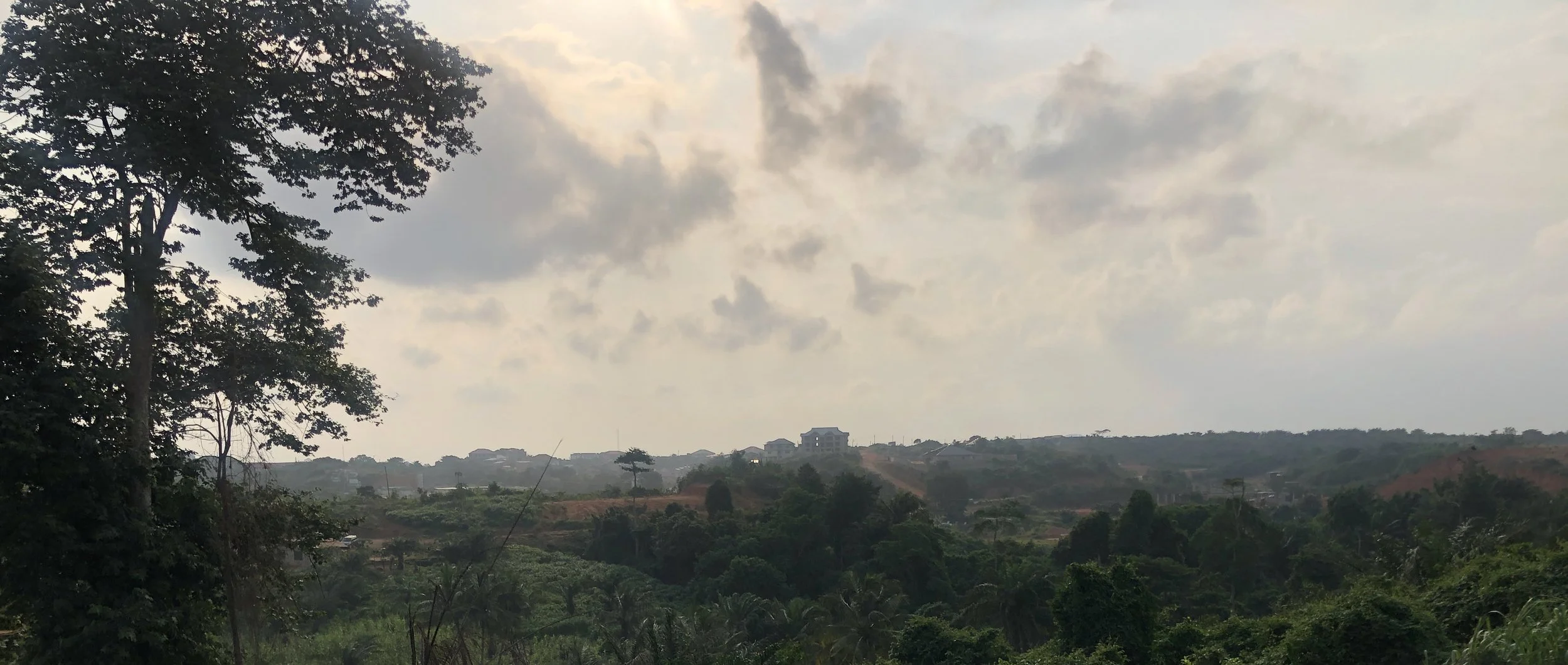Where We Work:
Creating Opportunity & Dignity Worldwide

Central America
Short blurb about your work here. Keep it to 2–3 lines.
West Africa
Short blurb about your work here. Keep it to 2–3 lines.
East / Southeast Asia
Short blurb about your work here. Keep it to 2–3 lines.
At WORK, our mission to end generational poverty through dignified employment knows no borders. We partner with local communities to identify their specific challenges and co-design sustainable solutions that equip families to create a better future on their own terms. Our model is not about handouts; it's about investing in people and creating lasting change from the ground up.
This page details our current global programs. If you're inspired by these stories and want to get involved, we invite you to visit our [Link to Take Action As An Individual sub-nav page].
Our Global Footprint
From the Caribbean to Asia and Africa, we go where the need is greatest and where our model can make a tangible impact. The map below highlights the countries where we are actively running programs. Explore each location to learn more about our specific initiatives and the communities we are proud to serve.

HAITI
Our story began in Haiti. WORK was founded in the aftermath of the devastating 7.0 magnitude earthquake in 2010, an event where 300,000 people perished and 1.5 million people became displaced. In the midst of providing emergency medical care, we encountered a deeper, underlying crisis: generational poverty. The families we met didn't want charity; they asked for dignified jobs. The chance to work, provide for their loved ones, and create a better future for their families.
The Challenge
In a nation grappling with a staggering 60% unemployment rate, we recognized that traditional job training and a good resume were not enough to overcome systemic barriers to employment. Families needed a direct path to a stable income.
Our Solution
We needed to be creative. Our solution was to develop and invest in small businesses that address a clear community need and could be successfully run by the families we serve. We provide the initial investment, business training, and ongoing mentorship to ensure each enterprise can thrive independently.
The Result
Our model is working. Families are graduating out of poverty by owning and managing their own businesses that provide a living income. As a result, children can complete their education, and families can look beyond daily survival towards a future of opportunity and achievement. This year, we are on track to invest in 64 new family-run businesses, proving that dignified work transforms lives for good.

Taiwan
Our work in Taiwan began in 2018 to support a crucial but often overlooked workforce: informal waste workers. In Taiwan, over 90% of municipal waste is managed by the government or volunteers. However, a small, dedicated group of informal collectors, mostly elderly and Aboriginal individuals, collect recyclables to meet essential needs for their families. Our focus is in Hualien County, a rural, scenic area where a lack of waste infrastructure struggles to keep up with tourism.The
The Challenge
These dedicated collectors faced significant financial insecurity. Their income was dependent on the volatile, often plummeting market prices for recyclables, making it nearly impossible to earn a stable, livable income.
Our Solution
In partnership with local collection centers, we implemented a direct and simple solution. We placed a [$0.06 USD per pound] subsidy on plastic waste, guaranteeing a fair and stable price for the materials the collectors delivered.
The Result
The impact was immediate and profound. Collected plastic volumes doubled, preventing waste from polluting the beautiful local environment. More importantly, collectors are now earning an income that meets their essential needs, providing financial security and recognition for their hard work. [Add statistic on percentage income increase for collectors]

Ghana
In 2021, we embarked on a project to map and assess the waste material supply chain in Ghana. We identified a disjointed system where dedicated informal workers lacked connection and investment. Seeing an opportunity to apply our model, a number of local organizations and a baling facility invited WORK to form a partnership to improve dignity and income for these workers.
THE Challenge
Through interviews with informal workers, we identified a critical challenge: a lack of transparency and traceability in the supply chain. This disconnect makes the crucial contributions of informal workers invisible, diminishing their voice, bargaining power, and ultimately, their income.
Our Solution
Co-designed with the workers themselves, our solution focuses on building the internal capacity of local collection centers. By strengthening these community hubs, we can provide stable demand for recycled materials, ensure fair and prompt payment, and create a more transparent system that values every worker's contribution.
The Result
This is our newest initiative, and we are actively working with our partners to implement these solutions. We are excited to share concrete results and stories of impact early next year. Check back for updates on our progress in Ghana!
